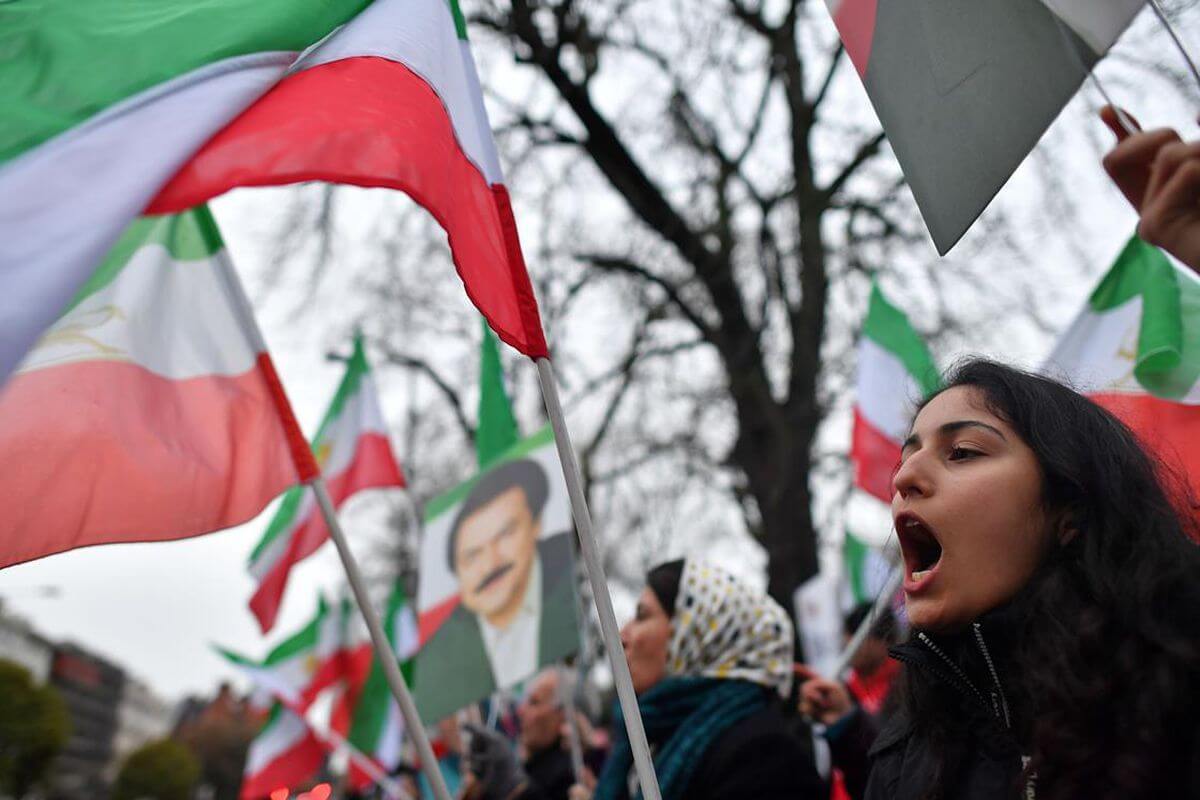What started as a protest against rising costs and economic conditions has grown to a full-on protest against government oppression in Iran. Some protesters have even called for the removal of the current regime. Online videos have shown increasing violence between police and protesters which have led to the dead of at least 21 people.
Messaging apps that use end-to-end encryption such as Telegram, WhatsApp and even iMessage are popular tools that many activists around the world use to organize gatherings. Telegram in particular has been hugely popular in Iran where its proprietary cryptography and independence from the US have proved to be valuable. However, this surge in popularity has attracted the attention of the Iranian government.
The Amad News channel was suspended by Telegram for violating the Terms of Service (ToS) in regard to inciting violence. Mohammad-Javad Azari Jahromi, Iran's Minister of Information and Communications Technology, publicly called out the channel for "encouraging hateful conduct, use of Molotov cocktails, armed uprising, and social unrest". However, when the Iranian government requested Telegram suspend channels that had not violated its ToS, Telegram refused, citing that they were "peaceful Iranian protesters." Telegram was promptly blocked by Iran.
Telegram founder Pavel Durov wrote a note on his Telegram channel saying:
"We are proud that Telegram is used by thousands of massive opposition channels all over the world. We consider freedom of speech an undeniable human right, and would rather get blocked in a country by its authorities than limit peaceful expression of alternative opinions."
Durov also explained that the recently suspended Amad News channel had reached out to Telegram to apologize and pledged not to incite violence. Telegram allowed Amad News to reassemble their 800,000 subscribers on a new channel.
Blocking portions of the Internet is nothing new to Iranians. Facebook and YouTube are already blocked along with many VPN services to get around the blocks. The government uses its control over local ISPs to enforce censorship on any service it deems a threat, much like China's "Great Firewall." Iranian officials have insisted that the Telegram ban is only temporary and will be lifted once the protests subside.
